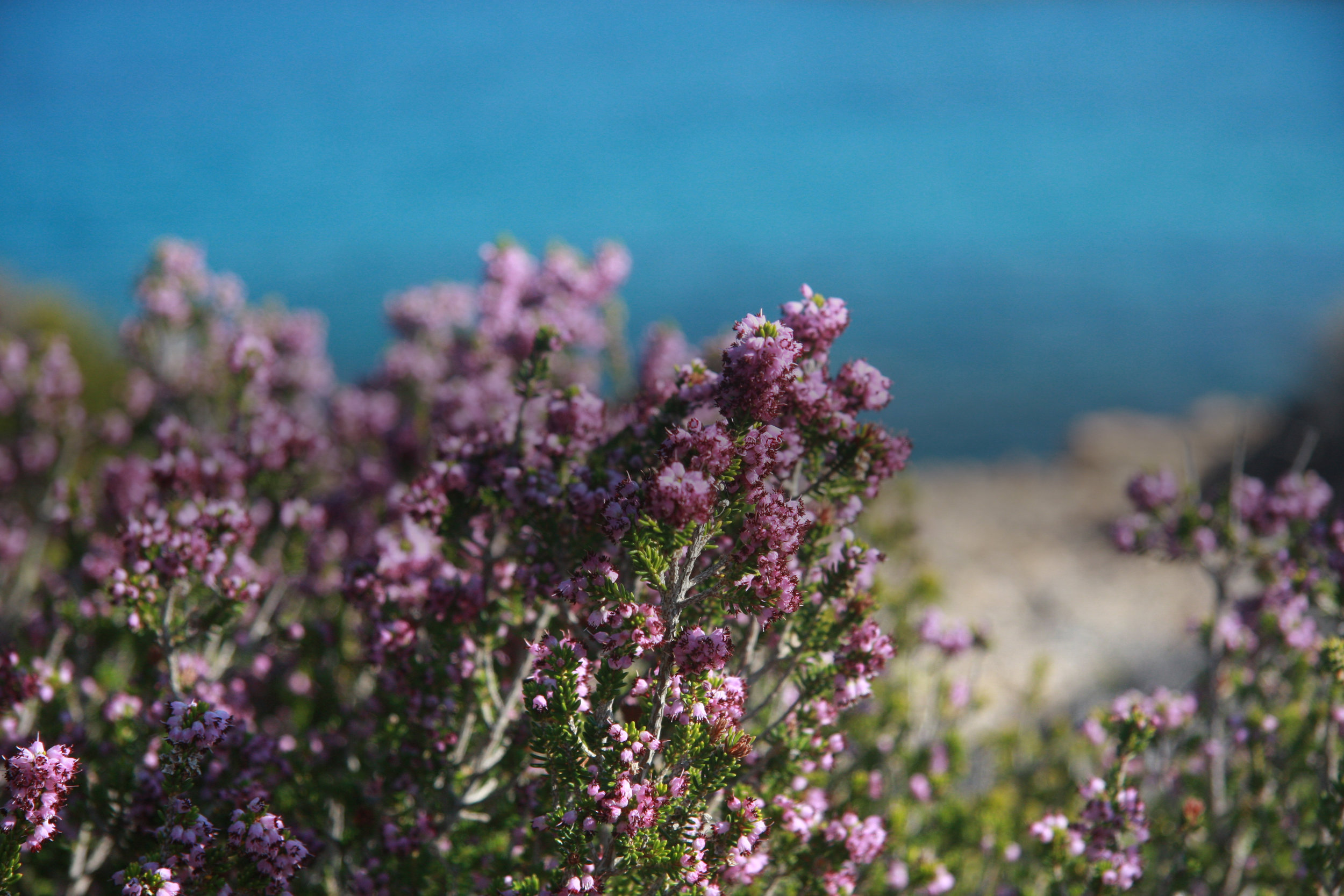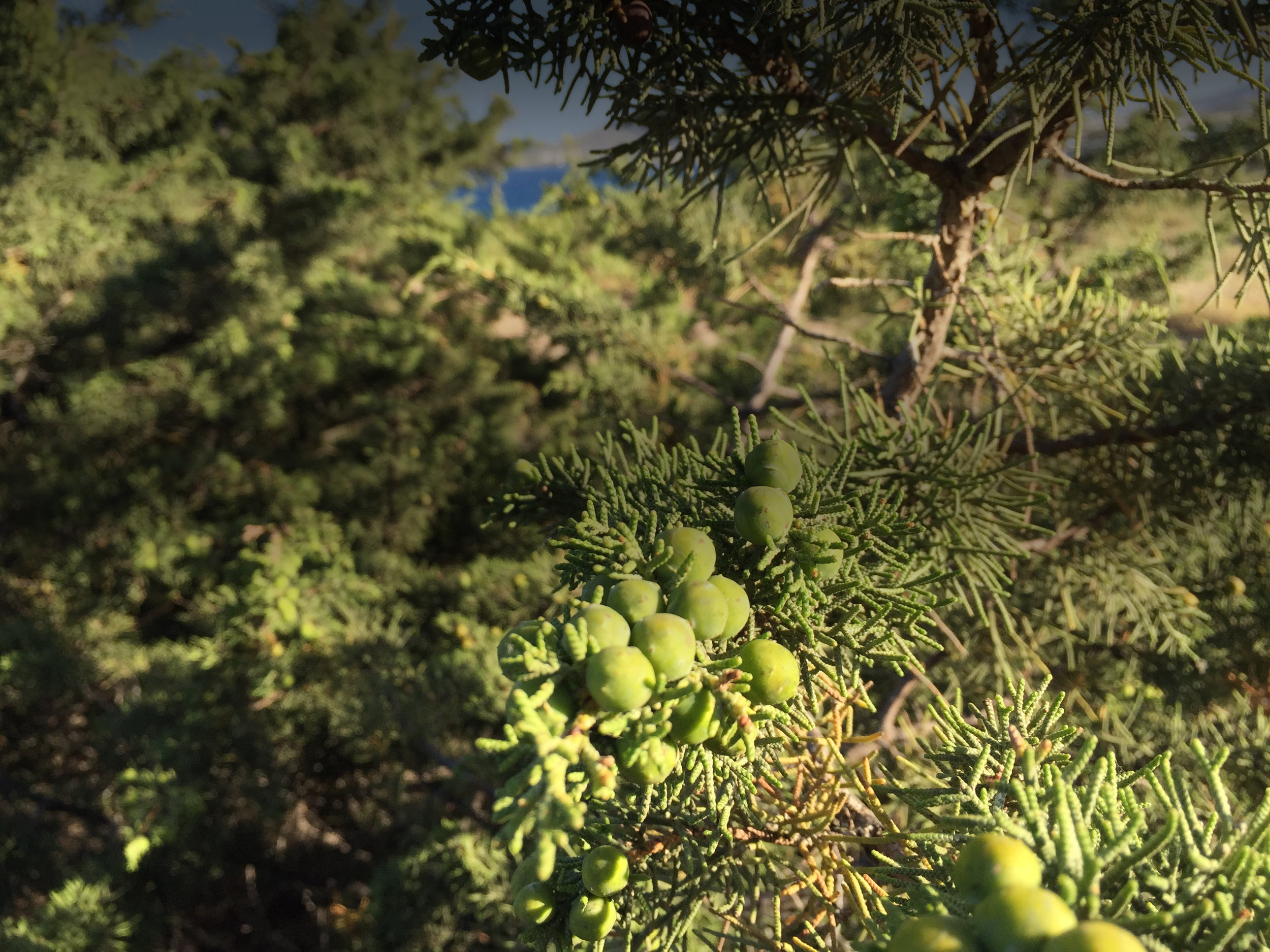Recycling / blue bins

BLUE BINS
Although Greece recycles 7% of its plastic waste, recycling is still a complex and often fairly inefficient process that uses a lot of energy and then depends on a secondary market for the recycled materials. As is now well known, most plastic is also sent to developing countries, which often can’t really handle it.
Worse still, even if plastic does get recycled, its quality deteriorates each time it passes through the system, so one day or another, it will definitely end up in a landfill.
Given all that, the best thing to do before throwing anything away, is to see what can be reused.
If you have plastic bags, contact Upcycled Antiparos, which may need them to make their reusable bags. Email or phone +30 698 047 9262
Before you throw out glass bottles and jars, find out if someone in the local second-hand group wants to reuse them for olive oil, water or vinegar, or as containers for shopping, etc.
If bills or other letters or papers you no longer need are blank on one side, keep them for making notes or to use as drawing paper.
Aluminium tins can make nice plant pots and if you have coffee tins with designs on them, ask Telesma if she would like them since she makes lovely earrings with them.
For items you have no choice but to throw away, it’s still important to dispose of them in the right way. In Paros, that’s by putting them in the blue bins, the contents of which will eventually end up at the MRF (Material Recovery Facility) centre in Koropi, Athens.
Basically you can put any packaging and containers, whether aluminium, tin, plastic, glass or paper, into the blue bins. Just follow these instructions.
Separate packing materials and containers from the rest of your household waste.
Caps and bottles can both go in the blue bin and you should leave the caps on the bottles.
Make sure all packaging is clean.
Flatten cartons and remove any sticky tape since it can’t be recycled.
Don’t put packaging into bags. Throw it in loose.
Never throw other household waste into the blue recycling bins.
If the container is full or overflowing, either wait until it is emptied or find another blue bin.
what you can Recycle
This list come from HERRCO (Hellenic Recovery Recycling Corporation):
Aluminium paper, food trays, beer and soda cans, large tins that have been used for olive oil, feta, etc.
Paper, wrapping paper, newspapers and magazines.
Cardboard, boxes, paper bags and Tetrapak (It seems to be very complicated one so it’s better not to count too much on it…) , including pizza boxes (but only if they are free of oil or food remains).
Clean plastic bags and fruit containers, general food packaging, yogurt pots and plastic bottles from shampoo, water, and cleaning product bottles.
Glass (though your first choice should be to use the blue bell bins for glass, which makes sorting much easier). Only for glass containers that were used for drinks or food.
What you can’t Recycle
Unfortunately, some things just cannot be recycled. Do what you can to avoid acquiring them:
Plastic gloves
Plastic brushes
Medical items
Electric items
Bulbs
Plastic cutlery
Pens
Styrofoam
Paper smaller than A4
Photographs
Razors
Toothbrushes
Toys
Plastic furniture and plant pots
Sellotape
Straws
Ceramics
Glass that was a mirror or a window glass or a glass table.
Here’s some more information on what to do with items and products that can’t be put in the Blue Bins.





